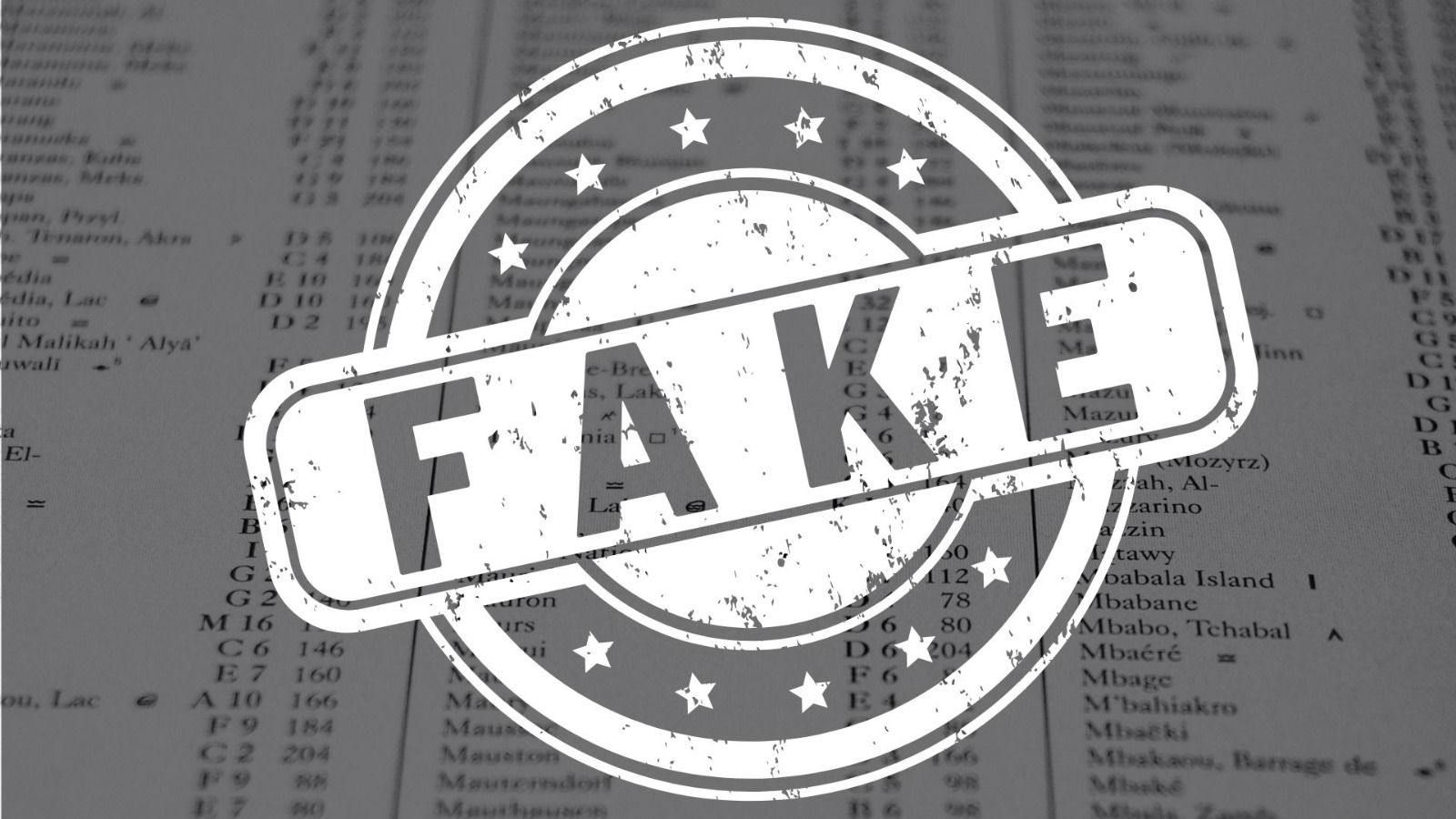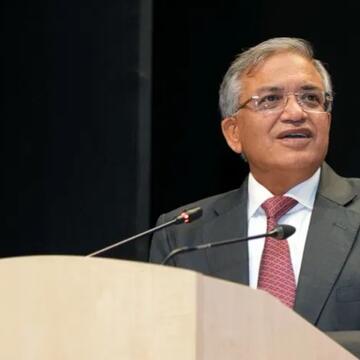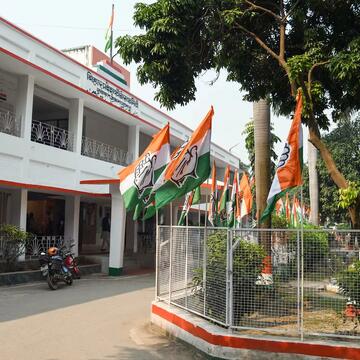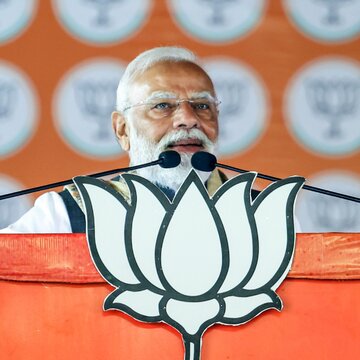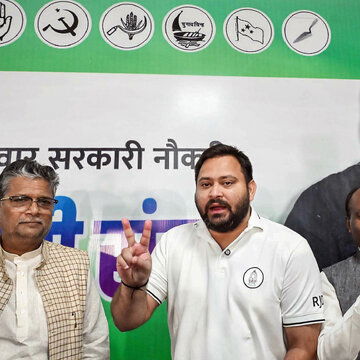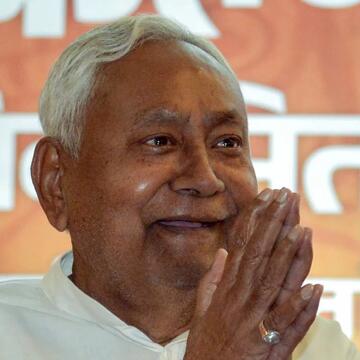Fake links and fabricated voter lists tied to the SIR exercise have been circulating online, and the Election Commission and several news outlets have flagged specific instances as false.
What’s been happening - A quick summary
During the Special Intensive Revision (SIR) period, there have been multiple hoaxes, which include screenshots of “downloadable” lists, viral posts claiming the ECI removed roll files, and even prank/fraud applications.
ALSO READ|ECI announces second phase of SIR exercise: Here are all the key dates
How to spot a fake SIR/electoral-roll link
1. Check the domain. Official ECI downloads come from eci or voters.eci.gov.in (or state CEO sites). If the URL is different, be suspicious.
2. Look for official confirmation. The ECI posts corrections/clarifications on its official channels; many viral claims have been rebutted there.
3. Don’t trust screenshots alone. Images can be doctored; always try to reach the file on the official site. (Media outlets have pointed out that many viral screenshots were misleading.)
4. HTTPS and certificates help, but aren’t foolproof. Scams can use HTTPS; domain name and provenance matter more.
5. Cross-check with reputable media. If a big change (like the removal of e-rolls) were real, major outlets and ECI would report it; many flagged claims as false.
ALSO READ|Aadhaar Card not proof of date of birth or domicile, says CEC Gyanesh Kumar
If you’ve found a suspicious link or list, don’t click or download it. Report it to the platform where it appeared and to the ECI’s official help/contact channels so they can investigate.
"With the SIR exercise in progress across various states in India, such fraudulent practices will become common, considering similar instances have happened during Covid-19, demonetization, or other crucial national events. Therefore, it is a must to verify any link that may be sent to you via WhatsApp, Messenger or any other social media-based application," said cyber expert and lawyer Bivas Chatterjee.


